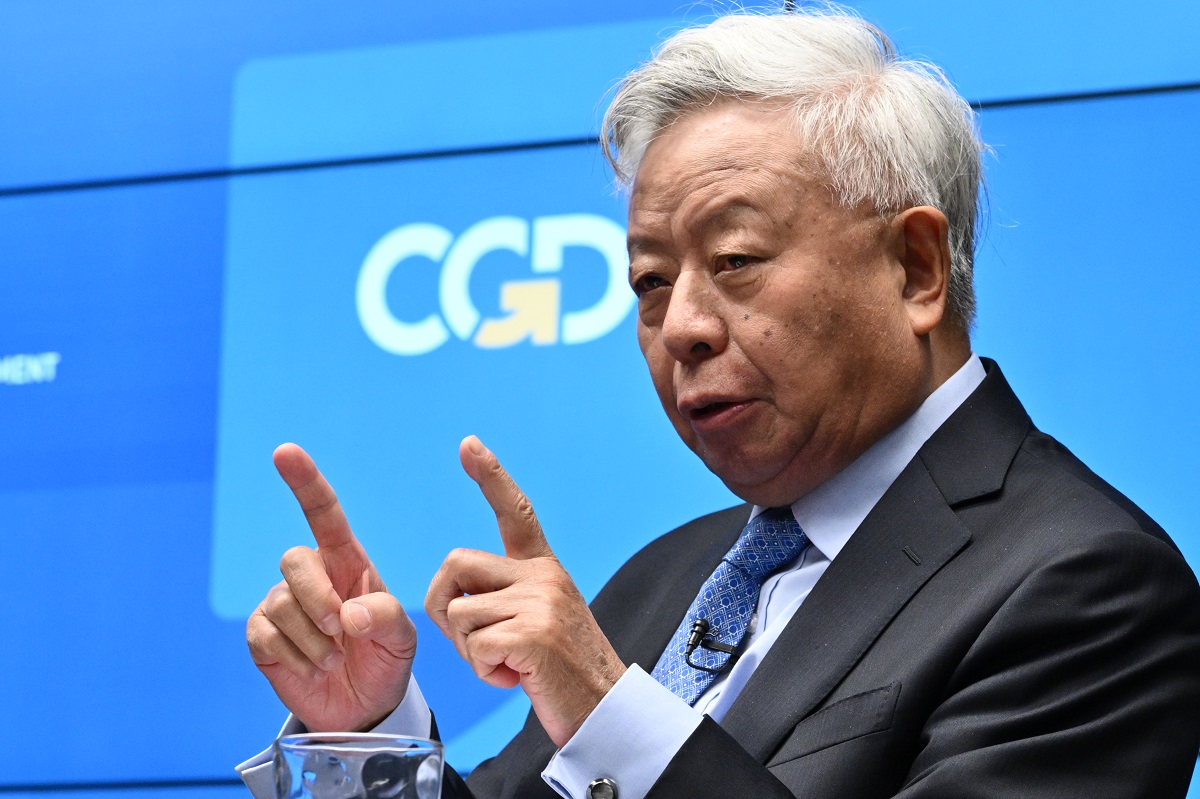Zimbabwe is not only a problem for all of Africa, it’s a vexing dilemma for U.S policymakers. Some facts:
- Morgan Tsvangirai won the March 2008 elections and should rightfully be president
- Robert Mugabe and Tsvangirai are now partners in a shaky unity government forced on them (but not really enforced) by their neighbors
- Mugabe’s men, responsible for the vicious campaign of violence and for destroying the economy, are still in positions of power
- The deeply flawed unity government has, despite itself, made some real progress and for now is the only game in town
The tough question for outsiders: How do you support Zimbabwe’s recovery and reconstruction while not emboldening the parts of the unity government that unleashed brutality and mayhem? That is the very question tackled at
today’s Senate Foreign Relations Subcommittee on African Affairs hearing.Thanks to Chairman Feingold for asking me to offer suggestions. Here is my full (3-pages only!)
testimony. My recommendations at this time are to: 1) Keep targeted sanctions on. 2) Push the region, especially South Africa, to live up to their responsibilities. 3) Find creative ways to help restart critical public services while guarding against any money leaking into the hands of Mugabe’s agents.This last one is tricky but perhaps not as hard as it may sound. Sure, the central bank
stole $7 million from the Global Fund for AIDS, TB and Malaria last year. But we can use special accounts and contractors to cut out the central bank and ensure the money goes where it should. Some suggestions to tap into existing U.S. pipelines and expertise:
- Designate Zimbabwe a “focus country” for PEPFAR and PMI
- Include Zimbabwe in the White House food security initiative…whatever that really turns out to be. (Zim has 3 million food insecure people this year.)
- Push OPIC and ExIm to re-open facilities for private capital (e.g. a Zimbabwe Enterprise Fund, like OPIC has in Liberia)
- Make a modest contribution to the World Bank’s special Zimbabwe trust fund and encourage the bank to be forward-leaning
Any other good ideas out there?One interesting outcome already from today’s hearing: The South African parliament has
never had a debate on Zimbabwe policy. While this seems both stunning and outrageous, today’s U.S. Senate hearing may actually help to change that. A prominent member of parliament (and the Democratic Alliance’s representative on the SADC parliamentary forum)
issued this statement noting today’s event and calling for a debate on the floor. If it happens, kudos to Senator Feingold for not just moving U.S. policy along, but also encouraging the South Africans to reassess their stance.
CGD blog posts reflect the views of the authors, drawing on prior research and experience in their areas of expertise.
CGD is a nonpartisan, independent organization and does not take institutional positions.



